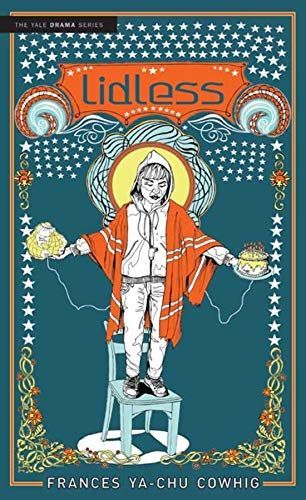
Lidless
Frances Ya-Chu Cowhig's powerful drama Lidless asks important and difficult questions: is guilt a necessary form of moral reckoning, or is it an obstacle to be overcome? Will the price of national political amnesia be paid only by the next generation - the daughters and sons who were never there? It's been fifteen years since Guantánamo, fifteen years since Bashir last saw his U.S. Army interrogator, Alice. Bashir is now dying of a disease of the liver, an organ that he believes is the home of the soul. He tracks down Alice in Texas and demands that she donate half her liver as restitution for the damage wrought during her interrogations. But Alice doesn't remember Bashir; a PTSD pill trial she participated in while in the army has left her without any memory of her time there. It is only when her inquisitive fourteen-year-old daughter begins her own investigation that the fragile peace of mind that Alice's drug-induced oblivion enabled begins to falter. Although politically engaged and topical, the play's significance is further-reaching and taps into timeless questions. Lidless portrays the inevitable consequences of moral crimes, in spite of the lapse of time and the oblivion of the perpetrators. Guilt inexorably engenders retribution with a horrible symmetry, so comeuppance is exacted upon what is held most dear. Within a modern and politically-charged setting, Lidless has a tight plot of cyclical, interfamilial violence and inevitable, if blindly executed, vengeance.